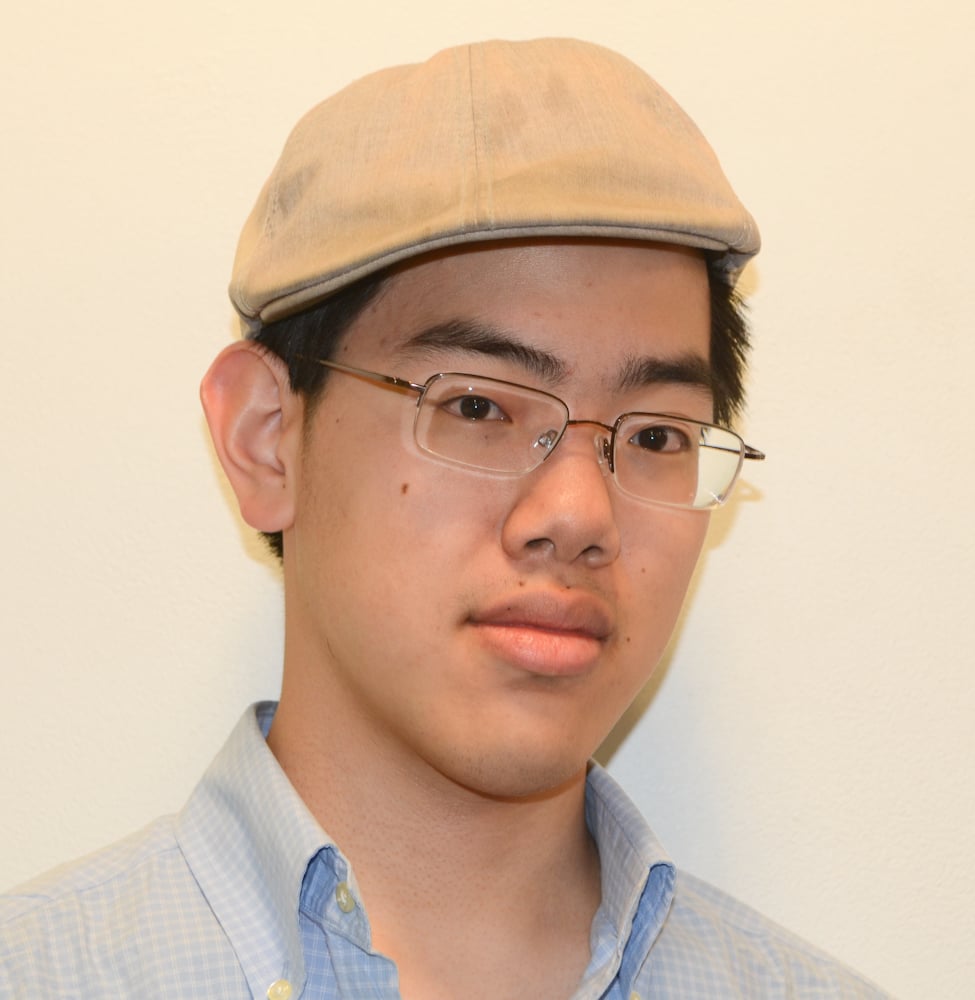If there is any humor to Steve Sarkisian’s “Stanford faked injuries” fiasco, it is that David Shaw got angry.
Shaw is continually polished and adroit as a public figure and his reserved demeanor is at this point meme-worthy. It seems at times incomprehensible that Shaw and raging 49ers head coach Jim Harbaugh ever worked together.
To a certain extent all coaches have their own game to play. There is no profession better suited to noncommittal statements and outright bloviating than coaching. And while media coverage is the lifeblood of the sports industry, most coaches would prefer to keep the press at arm’s length. All coaches try to use the press to further their own ends. It’s the smart thing to do.
Sarkisian probably scored points in the Washington locker room by taking shots at Stanford. Similarly, if Shaw had not come out swinging against Sarkisian the next day, it would have been incredibly disrespectful to his coaches and his players—moreover, it would have implied that Sarkisian was right. Statements need to be matched with statements and accusations met with denials. That is the nature of the media game.
But it’s hard to believe that Stanford’s attitude on this matter is rhetoric for the locker room. It’s still a matter of true or false, right or wrong. Responding angrily to accusations isn’t just a matter of public relations. It is a matter of principle.
Let’s take a look at some of Stanford’s injuries on defense. Junior linebacker James Vaughters went down on the first play of the second half. Stanford was well rested, so why would the Cardinal fake an injury, then? Fifth-year senior defensive end Ben Gardner was injured on the seventh play of a different drive late in the game, but seven plays in is hardly enough to warrant stopping the clock. It was just two minutes into the drive and Stanford had enjoyed an offensive possession and the fourth-quarter break before that. Fifth-year senior linebacker Shayne Skov took a hit to the knee on the same drive just four plays later. After Gardner’s lengthy injury timeout, I doubt Stanford actually needed to take a break.
One would imagine that if Stanford were taking dives, it would have done so later in the game, with Washington riding high and after the Stanford offense posted two brutal three-and-outs.
Why would Stanford tell its captains to take a dive? Gardner especially headlined a thin, injury-ridden defensive line and the team needed all hands on deck. But more importantly, the fact that Sarkisian thought his offense was so good that Stanford had to cheat to beat it boggles the mind.
Shaw is right: Stanford beat Oregon last year without faking injuries. All respect to Washington, a top-10 team in my mind, but better teams have tried and failed to beat the Card.
This is not to say that nobody’s ever faked injuries before. But booing injuries, as Oregon is famous for, is disrespectful and especially so to people who are actually injured. It’s tremendously presumptuous to assume that a player lying on the ground is faking an injury—it’s almost as classless as faking an injury itself.
We can definitely say for sure that Stanford’s players were banged up; that’s bound to happen over the course of a season, even as soon as game five. And it’s ridiculous to say that Stanford should force players who feel injured to play.
The worst part of Sarkisian’s comment, however, was that it attacked the very foundation of Stanford’s athletic vision. Above all, academic excellence puts athletics in perspective. Athletes are first and foremost students; winning means a lot, but there are more important things—honor coming first among them.
Stanford football has had terrible years in the past and for a long time honor was all it had. For what it’s worth, Stanford is one of only three AQ-conference schools to never incur a major NCAA violation. This commitment to things greater than football, for better or for worse, is what defines Stanford’s players, coaches, faculty and fans.
While faking injuries is not an NCAA violation, its odiousness should be obvious. Skov and Gardner are fifth-year seniors that were part of Stanford’s early 2009 recruiting class. It seems patently ridiculous that students who committed to a 5-7 Stanford team would have priorities so warped as to put winning above honor. Having inherited a 0-12 Washington team in 2008, Sarkisian should know that better than most.
Winston Shi’s dedication to protecting the honor of Stanford football runs so deep that he personally requested an apology from Sarkisian. Ask him why that was necessary at wshi94 ‘at’ stanford.edu.
Editor’s note: This article was republished due to an earlier glitch in the comments section, which prevented us from deleting a comment by the author. (It is not The Daily’s policy to allow authors to comment on their own stories, other than simple clarifications.)
